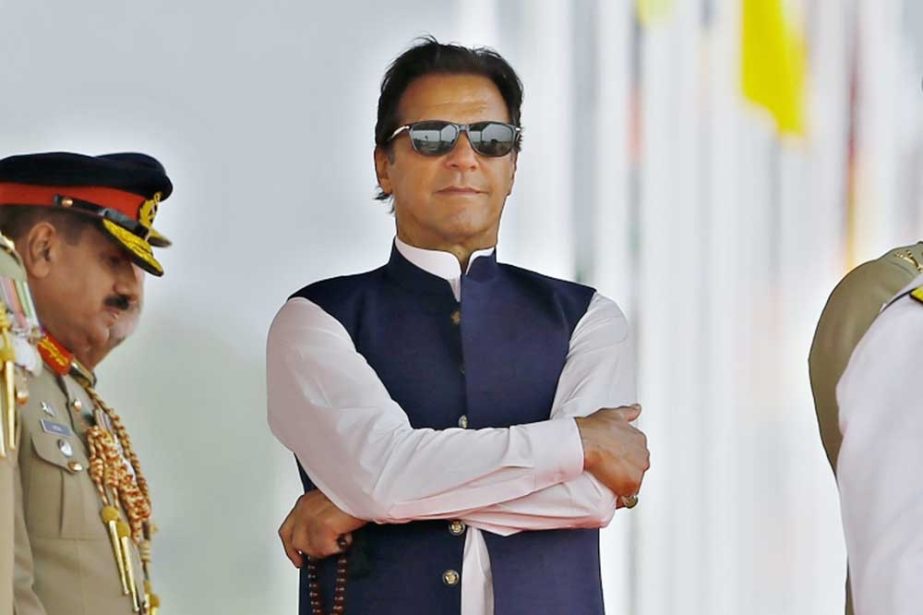
Al Jazeera :
Pakistan’s parliament could see the former cricket star removed and the return of political uncertainty to the nuclear-armed country.
Imran Khan, 69, has been facing mounting criticism of his performance, including his management of an economy beset by high inflation and rising deficits, and he lost his majority in parliament on Wednesday when a main ally quit his coalition.
On Wednesday, the Muttahida Qaumi Movement (MQM), abandoned Khan’s coalition and threw its lot in with the opposition seeking to remove him.
“The prime minister is as good as gone,” the influential English-language Dawn newspaper said in an editorial on the front page of its website on Wednesday.
A vote on the motion is expected to be held by Monday.
Under the constitution, a prime minister is elected by a majority of the lower house National Assembly, which has 342 members.
A candidate needs a majority of legislators, 172 or more, to vote for him to become prime minister. That is the same number of votes needed to pass a no-confidence vote against him and his cabinet.
So Khan could still survive a no-confidence vote if he gets fewer votes than the opposition, but only if the latter does not get the requisite 172 votes.
If Khan loses the vote, parliament can continue to function until its five-year tenure ends in August 2023, after which a general election is due within 60 days.
There will be a vote in the National Assembly to elect a new prime minister to serve until then. Any party represented in the assembly can put candidates forward.
The new prime minister can, however, call a general election immediately, without waiting until 2023.
Some constitutional analysts say the assembly can be dissolved and a general election held if no candidate can secure a majority of votes to become the prime minister.
Opposition parties filed the no-confidence motion in early March and it was presented and tabled before the National Assembly on Monday.
The speaker of the National Assembly has to carry out the vote no sooner than three days and no later than seven days after the motion is tabled.
The earliest the vote can happen is Thursday. The latest, by most accounts, is Monday.

